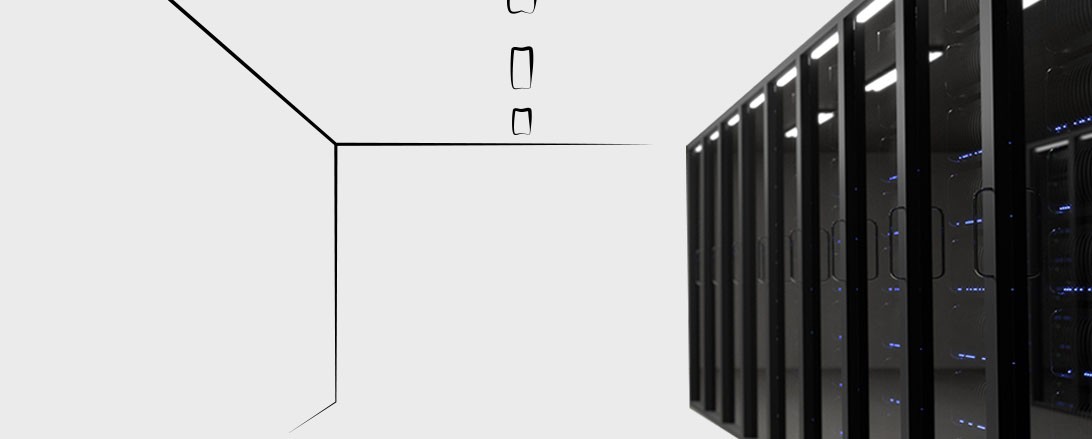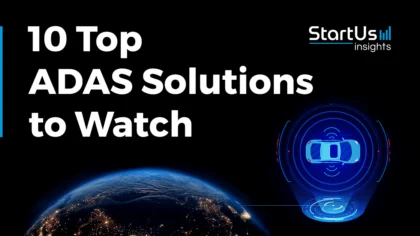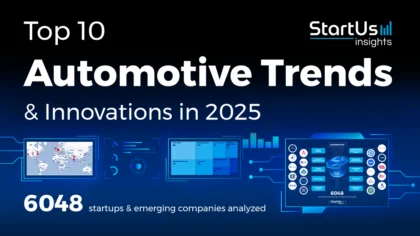Leverage our unparalleled data advantage to quickly and easily find hidden gems among 4.7M+ startups, scaleups. Access the world's most comprehensive innovation intelligence and stay ahead with AI-powered precision.
“Innovation drives competitive advantage. Startups are in the front seat” – a quote that signals the impact emerging companies have in the automotive sector.
Industry leaders like Magna already co-innovate with startups to move their innovation agenda forward as this type of collaboration promises to implement new solutions in a fast and dynamic manner.
At StartUs Insights, we identify what’s next. To provide you with a comprehensive overview of emerging technologies & startups in the automotive sector, we have analyzed 1.500+ startups to shine a light on the key innovation areas in the industry. This in-depth research is backed by our proprietary AI- and data-driven innovation scouting approach.















